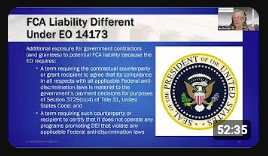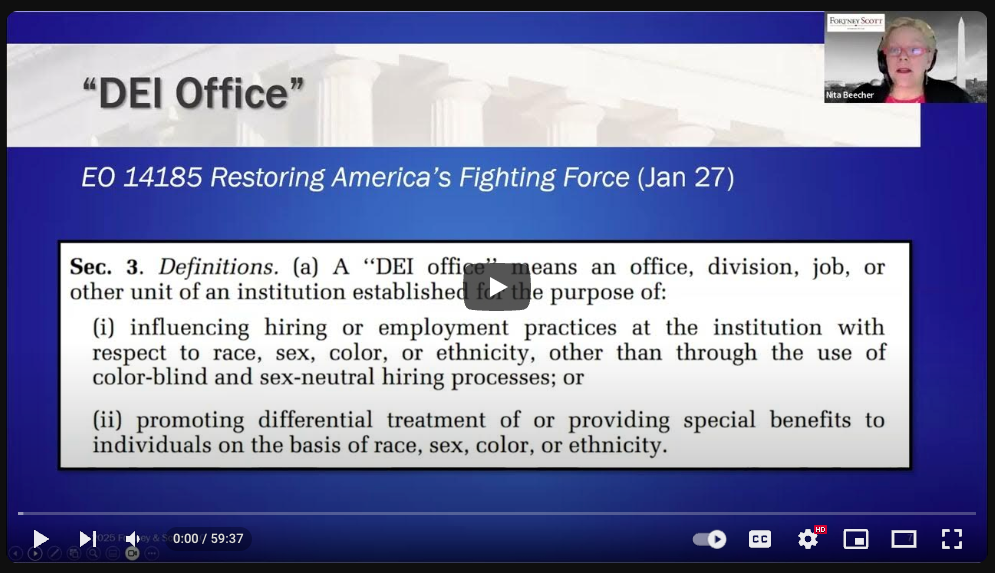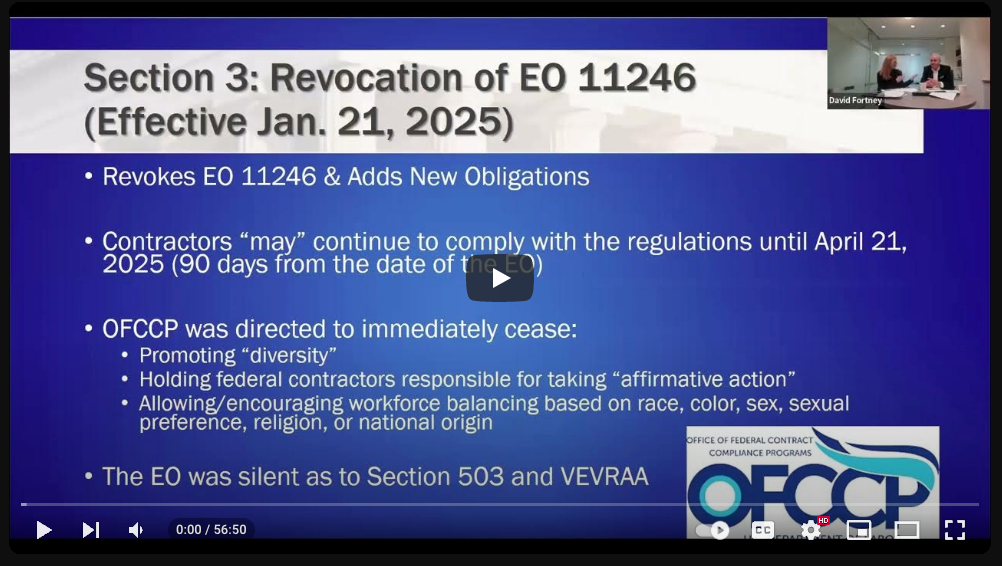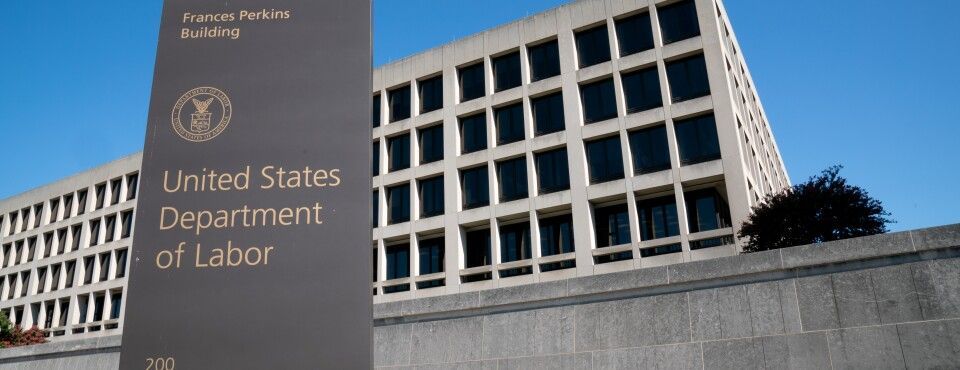Supreme Court Limits Public Access to Private-Sector Records
The U.S. Supreme Court, in a 6-3 decision, reined in the ability of the media and other members of the public to access commercial and financial records provided to the government by private-sector businesses. Under the Freedom of Information Act’s (“FOIA’s”) Exemption 4, the government is not required to disclose “commercial or financial information obtained from a person and privileged or confidential.” Although seemingly straightforward, this language has been the source of much dispute and confusion, as many courts have held that information should only be deemed confidential under Exemption 4 if it can be shown that its disclosure would cause “substantial competitive harm.” However, on June 24, the Supreme Court provided clarity on this issue through its opinion in Food Marketing Institute v. Argus Leader Media, d/b/a Argus Leader. The majority opinion, written by Justice Gorsuch, overruled the “substantial competitive harm” standard, and held that information provided to the government is “confidential” under FOIA Exemption 4 – and, as a result, not subject to public disclosure – if the information is “both customarily and actually treated as private by its owner and provided to the government under an assurance of privacy.” As a result of this ruling, private companies which are required to provide sensitive data to the government, such as the pending EEO-1 Component 2 pay data submissions, can do so with more confidence that such information will not be made public.
Case History
In 2011, Argus Leader Media (“Argus”), a South Dakota newspaper, submitted a FOIA request to the U.S. Department of Agriculture (“USDA”) seeking information provided to the agency by retail stores regarding benefit payouts for food stamps under the Supplemental Nutrition Assistance Program (“SNAP”). The USDA refused to disclose the requested information citing Exemption 4, and Argus filed suit. The district court found in favor of Argus, holding that the USDA had not shown a likelihood of substantial competitive harm resulting from the disclosure of the requested information, and on appeal the Eight Circuit affirmed the district court’s decision.
Following the lower court decisions, the Food Marketing Institute (“FMI”) intervened in the case and petitioned the Supreme Court for review arguing that the “substantial competitive harm” standard applied by the Eighth Circuit improperly narrows Exemption 4 which requires only that information be confidential. FMI asserted that the term confidential should be afforded its ordinary meaning – “something that is private and not publicly disclosed.” In addition, the Department of Justice appeared in support of FMI arguing that data should be deemed confidential and not subject to disclosure under FOIA where it was reasonably understood to have been communicated to the government in confidence.
The Supreme Court’s Decision
Justice Gorsuch, writing for the majority, agreed with FMI and the Department of Justice, and noted that the language of Exemption 4 provided no basis for the “substantial competitive harm” standard which had been adopted by the lower courts. In reaching this decision, Justice Gorsuch noted that the “ordinary, contemporary, common meaning” of the word “confidential” at the time FOIA was enacted simply required that in order for information to be deemed confidential it must be “customarily kept private” and, in the event information is disclosed to another party, assurances are provided that it will remain secret. The majority found that here, the information at issue easily satisfied these conditions and fell under Exemption 4.
In addressing the “substantial competitive harm” standard, the Court held that in developing this interpretation the lower courts had ignored the plain language of the statute, and chose instead to apply their own interpretation of FOIA’s purpose. By inferring that Exemption 4 only applied to information which would cause substantial competitive harm, lower courts had improperly narrowed the plain meaning of the statute as it was enacted.
In dissent, Justice Breyer pointed to the purpose of FOIA – to “permit access to official information long shielded unnecessarily from public view.” With this purpose in mind, Justice Breyer noted that FOIA’s exemptions must be narrowly construed. He further cautioned that as businesses tend to treat “as secret all information which need not be disclosed” the majority’s ruling would provide a great deal of leeway to deprive the public of information.
Looking Ahead
Moving forward, this ruling should have far reaching implications, as it provides the government with far more discretion to block the release of information that contains private-sector commercial or financial information. Importantly, this decision should have an immediate impact as companies which are preparing to submit their EEO-1 Component 2 pay data, can now do so with confidence that their non-public information will be exempt from FOIA requests.

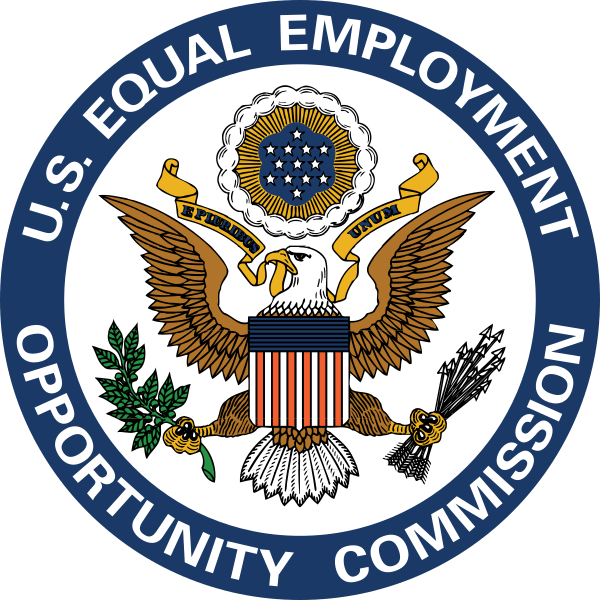






All Rights Reserved | Powered by AutomationLinks | Terms & Conditions | Privacy Policy


